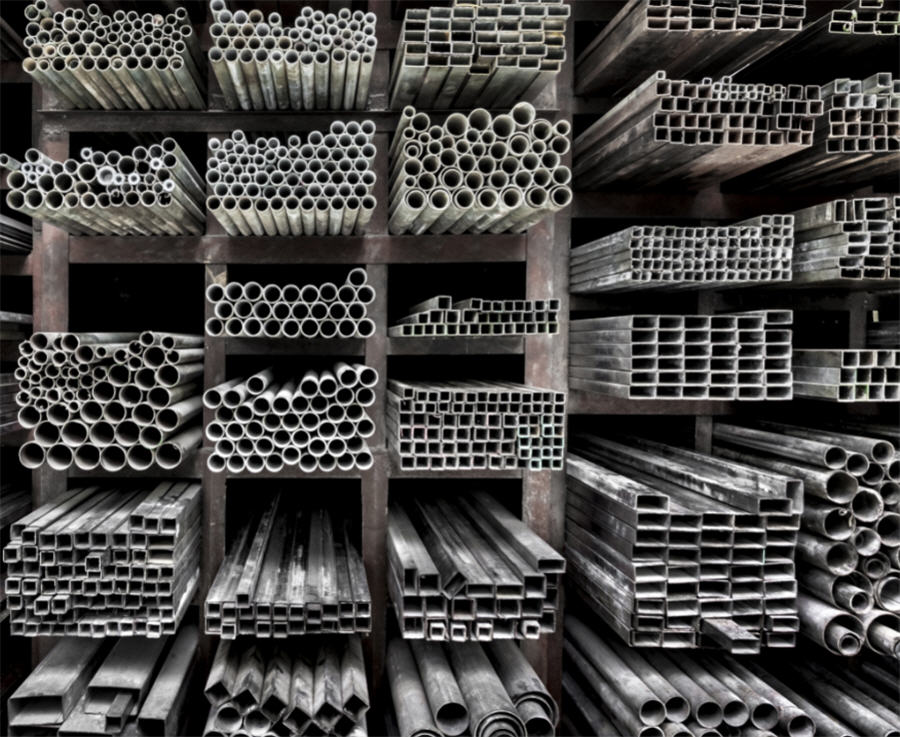US lawmakers fault Trump for failing to curb Chinese aluminum overcapacity

Four senior Democratic lawmakers from Washington state on Friday sharply criticized President Donald Trump’s trade policies for failing to address overcapacity in China’s aluminum market they say is costing American workers their jobs.
In a letter to the president, Senators Patty Murray and Maria Cantwell and two House lawmakers said neither the Phase 1 trade deal with China, nor Trump’s separate 10% tariffs imposed on aluminum imports in 2018 had solved the underlying problem, and more efforts were needed.
The letter came days after top US aluminum producer Alcoa said weak prices and growing global surpluses had forced it to close its Intalco smelter plant in Ferndale, Washington, and lay off most of the 700 workers there.
Alcoa said weak prices and growing global surpluses had forced it to close its Intalco smelter plant in Ferndale, Washington, and lay off most of the 700 workers
They urged the Commerce Department to stop granting exclusions to Section 232 aluminum tariffs that now far exceed U.S. import levels and encouraged the administration to work with allies to “combat China’s predatory trade practices.”
“It’s clearer than ever that President Trump got us into a trade war and the United States is not winning,” said Representative Suzan DelBene, whose district is home to the Alcoa facility. “Despite all his bluster, President Trump has failed to address the fundamental issue of excess capacity in China’s aluminum market.”
The U.S. Commerce Department had no immediate comment.
The department on Monday proposed creation of a new Aluminum Import Monitoring and Analysis (AIM) program that would require importers of covered products to obtain a license that would identify where the aluminum used in the imported product was smelted and poured, as well as its value and other details.
The department said it would release the collected data on an aggregated basis and would use it to ensure the timely and effective monitoring of any surges in aluminum imports.
DelBene’s spokesman Nick Martin said creation of the system was a positive step, but “far from sufficient.”
“The administration still needs to fix the exclusion process, and work to push China to implement policies that curb its excess capacity in the aluminum sector,” he said.
DelBene and other lawmakers say the department’s exclusion process led to a significant increase in aluminum product imports into the United States last year.
The Aluminum Association, whose members produce 70% of the aluminum and aluminum products shipped in North America, this month urged the Commerce Department to restrict exclusion requests to importers who are not manufacturers, and grant them only for products for which there is no U.S. production.
It said the Commerce Department had granted product exclusion requests for imports coming from China totaling more than 4.5 billion pounds, by far the most exclusions granted for any single country.
(By Andrea Shalal; Editing by Jonathan Oatis)
{{ commodity.name }}
{{ post.title }}
{{ post.date }}




Comments